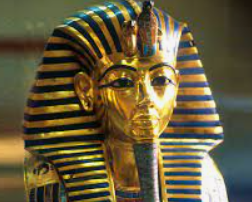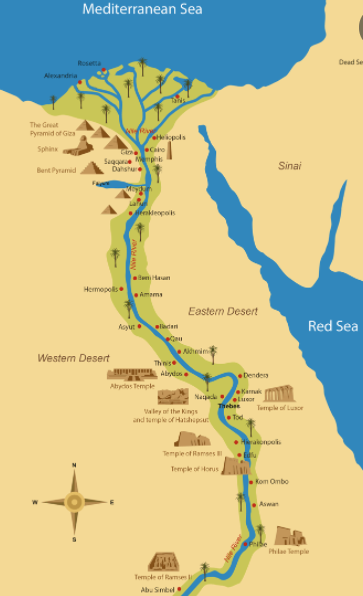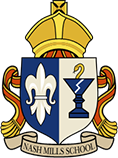Autumn term




Year 5s Autumn curriculum
Our topic this term is the Ancient Egyptians. We are locating Egypt on maps and looking at the landscape and terrain and focusing on the farming techniques used during that era. We are also looking at the importance of the river Nile and what it was used for.
We are studying some of the pharaohs, Tutankhamun in particular, and researching his life and death and why he is so important to archaeologists. We are also looking at religion and beliefs which were very important to the ancient Egyptians.
In addition to this topic, we will also explore different subject areas. If you would like to know more about the depth of our learning, please see the curriculum pages on this website. A summary of our topics can be viewed below:
Helping at Home
With each subject, there may be things that you can do at home to support your child's learning. Please see the ideas below, which are optional extras. We would love to see what you have been up to!
In maths, keep doing TT rockstars. https://ttrockstars.com Times tables are key to all aspects of maths and the more they do, the more points they get to change the avatars! Ask them to explain what they are doing in maths. If they can tell you, it embeds the learning and shows understanding.
In English, a really important part to help your child at home is to read.
We ask that your child reads every day and records it in their reading records. Reading is the base for all learning across the school so make this a priority. Children learn best by example, reading to them will show them that you value reading and even adults like being read to!
Talk! Talk about your day, talk about what you are doing, describe things with your children. Get your children to think of different ways to say words (synonyms). For example - big- huge, giant, large, enormous etc. When they use a word, can they think of another synonym that is more powerful? Ask them what words mean and if they don't know, use a dictionary or google to find out.
Let your child read instructions when cooking, or let them make the shopping the shopping list.
In science we will be learning about all living things. Explaining the differences in the life cycles of a mammal, an amphibian, an insect and a bird as well as the life process of reproduction in some plants and animals. We will also be studying forces and how objects fall due to gravity acting between the earth and the object. We will also learn about the effects of friction acting between moving surfaces. We will investigate mechanisms and their effect on gravity.
In history, through our Egyptians topic, see what they know. Have you been to the valley of the Kings or the Pyramids or any exhibitions about this ancient civilisation? Do you have any books or artefacts you could share with the class?
In computing, we will be designing, writing and debugging programs that accomplish specific
goals, including controlling or simulating physical systems; solve problems by decomposing them into smaller parts as well as use sequence, selection, and repetition in programs.
